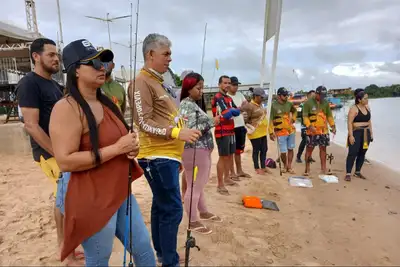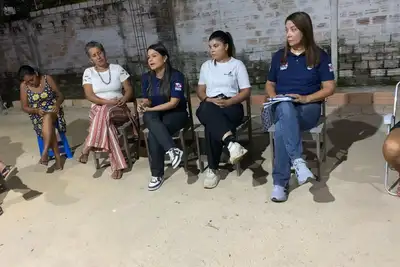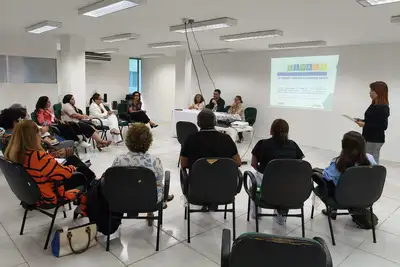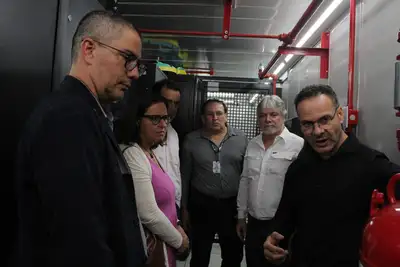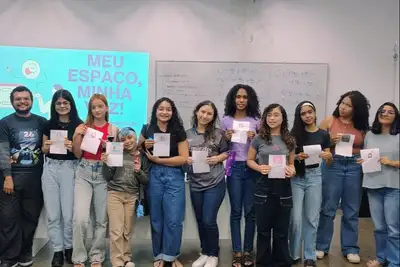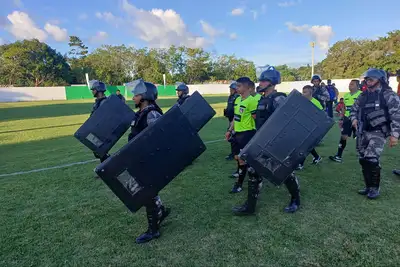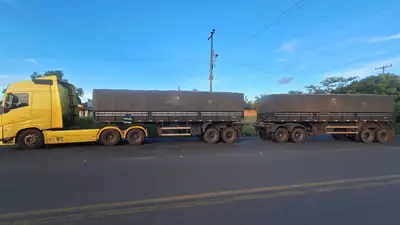Sustainable Nursing: Innovation in Care Transforms Patients' Routine at Clínicas
The Nursing Week at HC brings practices that combine the environment and safety in care in high-complexity areas

Sustainable and creative solutions that reduce environmental impacts and enhance patient care were the central focus of the 36th Nursing Week at the Gaspar Vianna Clinical Hospital (HC), held from May 14 to 16 in Belém. With the theme "Sustainable Nursing: Challenges and Innovations in the Amazon Context," the event highlighted the transformative role of nursing in health care, especially in reference institutions in the areas of cardiology, nephrology, and psychiatry in Pará.
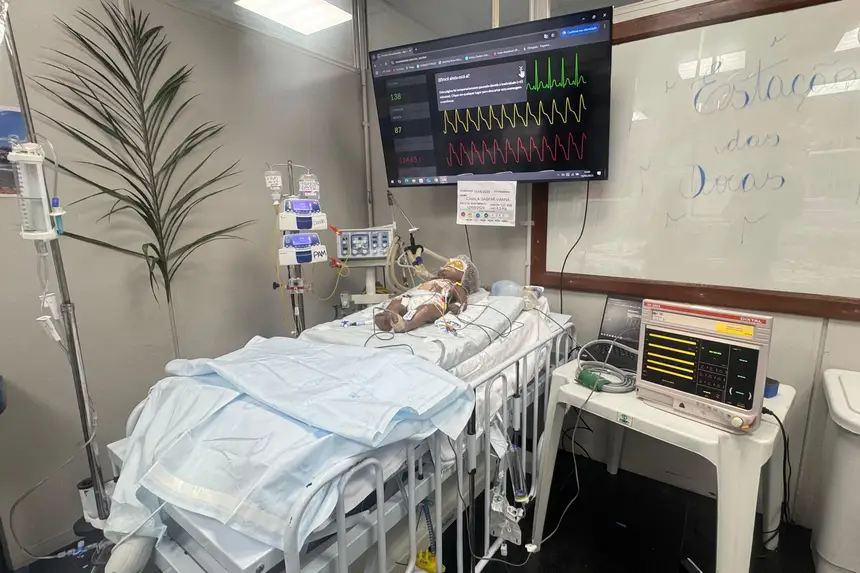
During the three days of programming, nurses, technicians, students, and managers participated in lectures, practical workshops, and realistic simulations that integrated technology, the environment, and health. The proposal was to promote the qualification of assistance services through the rational use of resources and the adoption of innovative solutions, ensuring greater efficiency in care and contributing to environmental preservation.
The scientific program was aligned with HC's mission, which stands out for high-complexity care in the specialties of Cardiology, Nephrology, and Psychiatry. The event also provided a space for dialogue and exchange of experiences among health professionals, strengthening education, research, and care practice.
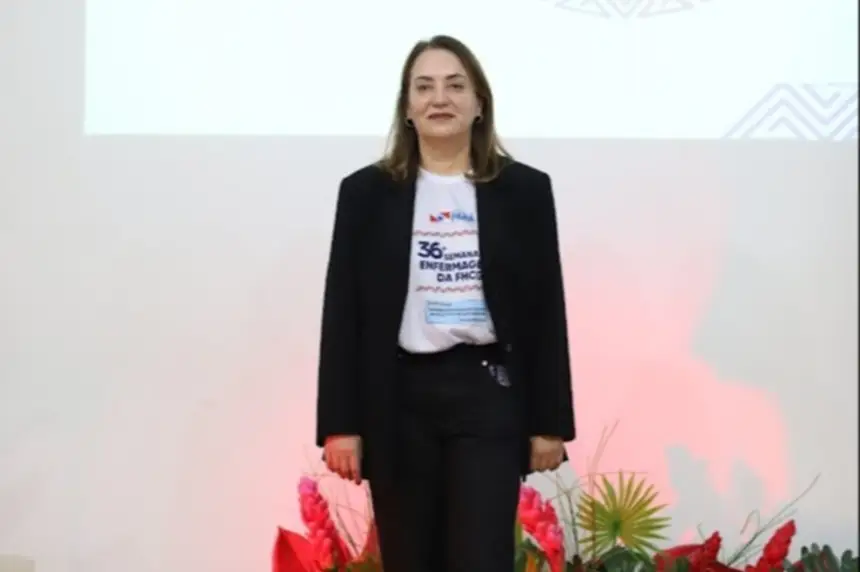
The coordinator of the Nursing Service at the hospital, Christielaine Zaninotto, explained that the initiative aimed to encourage new perspectives on work processes, emphasizing shared responsibility for health and the sustainability of nursing services.
“The adopted approach starts from a systemic view of health, which integrates environmental and social factors to promote efficient management, minimize socio-environmental impacts, and foster the development of accessible, creative, and sustainable technologies,” highlighted the manager.
Realistic simulations bring theory closer to practice
One of the highlights of this edition was the realistic simulations conducted in "thematic stations," which allowed participants to experience practical situations in the hospital's specialties — such as psychiatric emergencies, renal therapies, and intensive care in cardiology. The activities emphasized the humanization of care and the conscious use of supplies.
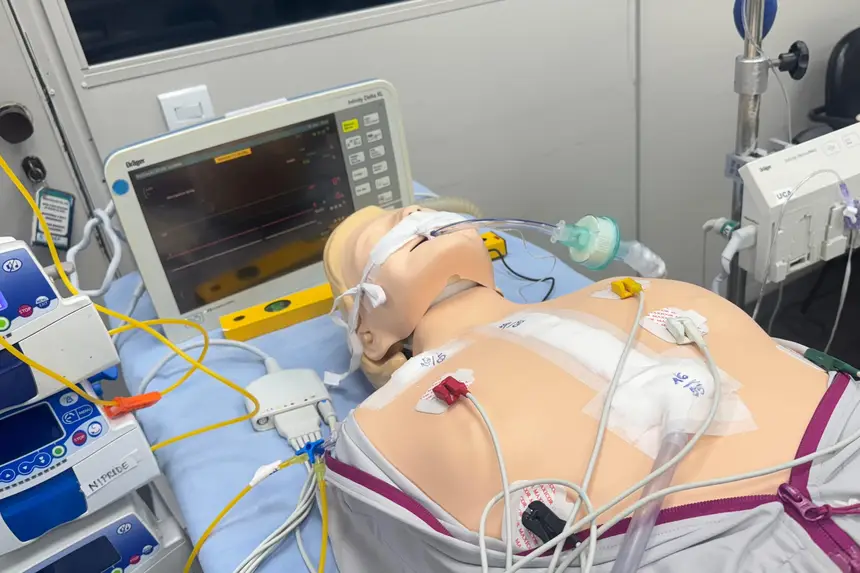
On the first day, the "Port of the Future Station" addressed nursing assistance in psychiatric emergencies, focusing on humanized practices. The "São Brás Station," on the second day, brought experiences in the area of Nephrology, with simulations of renal replacement therapy, including procedures such as hemodialysis and peritoneal dialysis. Training focused on cardiac surgeries and the organization of the Material and Sterilization Center (CME) was also conducted.
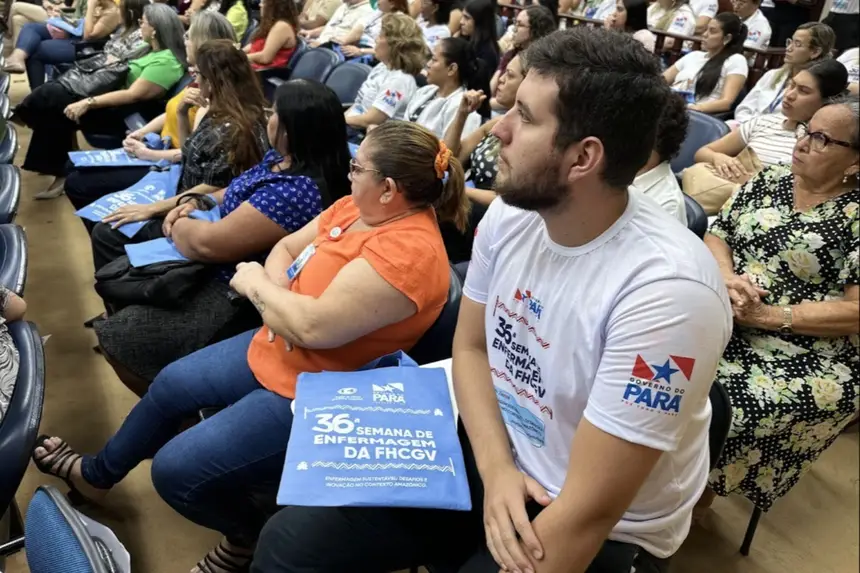
The event concluded with the "Docks Station," which presented simulations focused on intensive therapy in cardiology. Participants experienced routines from neonatal, pediatric, and coronary intensive care units, as well as hemodynamic procedures such as catheterization and angioplasty.
Continuous training and environmental awareness
The Nursing Week also had wide participation from students, promoting the integration between education and professional practice. For Daniela Vidal, a nursing student, the event was significant:
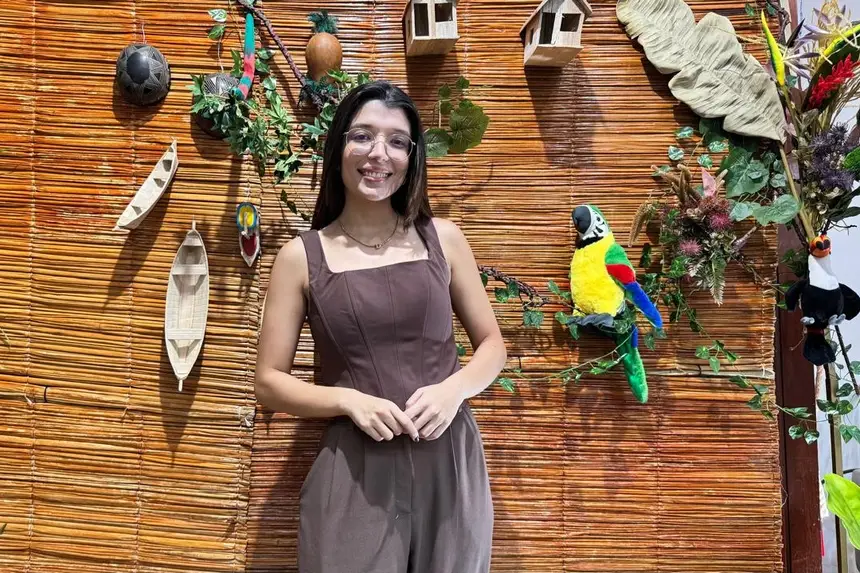
“The lecture on hemodialysis made me rethink water consumption. This goes far beyond college — it’s a learning experience for life and for my professional practice,” she stated.
The activities reinforced the commitment of the Gaspar Vianna Clinical Hospital to innovation, sustainability, and the training of professionals increasingly aware of the environmental and social challenges of the Amazon region.
Text: Kelly Barros (Ascom HC)


